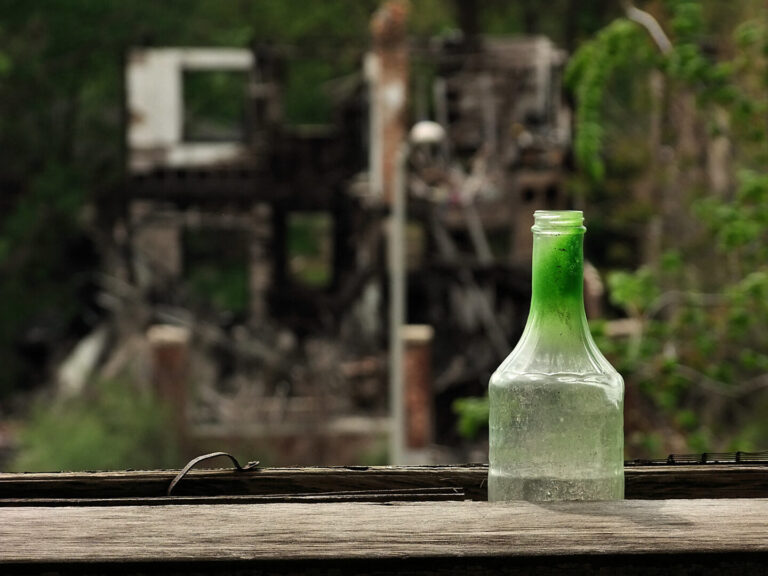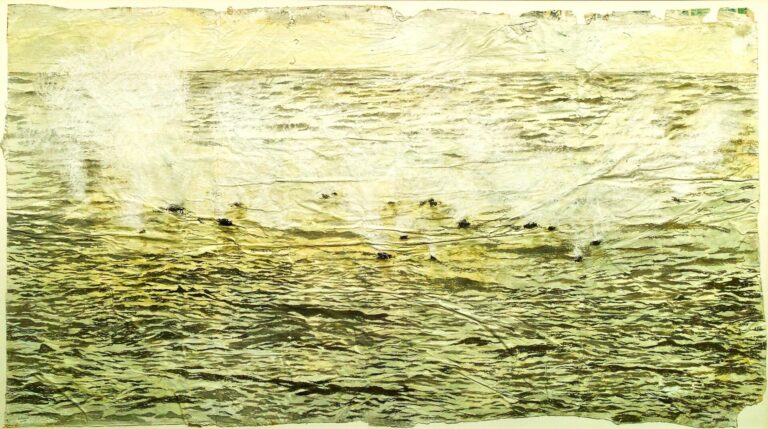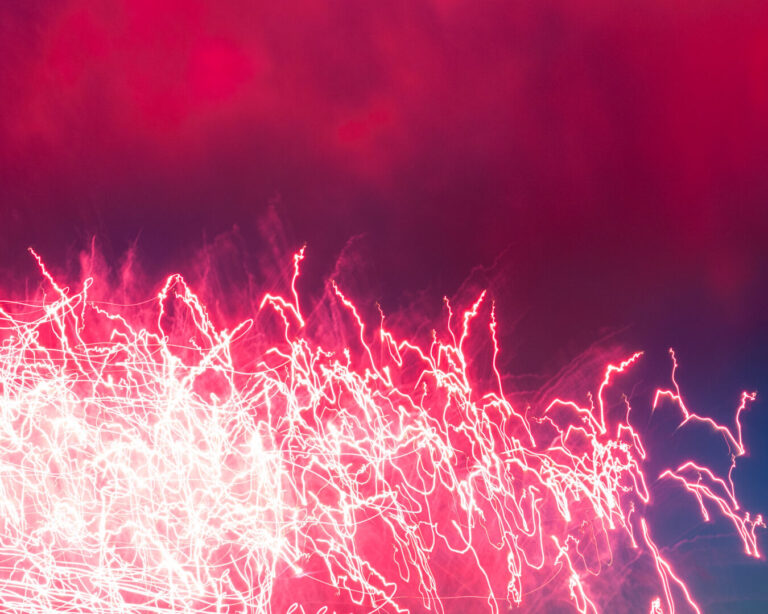This issue marks the addition of a new co-editor and several special projects, including Lateral‘s first podcast, Positions. This issue presents two important sections of work, both building on conversations in the field and across publications: “The Black Shoals Dossier,” curated by Beenash Jafri, and the second part of “Crip Pandemic Life,” edited by Alyson Patsavas and Theodora Danylevich. In addition to these impressive sections, the issue features three research articles and ten book reviews.
Keyword: scholarly communication
Editors’ Introduction
In this introduction, the editors continue their reflections on scholarly editing in the pandemic, welcome two new co-editors, and announce a grant-funded initiative that builds on Lateral Forums. This issue features three regular articles, book reviews, and the first installment of a special section, “Crip Pandemic Life: A Tapestry,” which builds on the “Cripistemologies of Crisis” special section, edited by Theodora Danylevich and Aly Patsavas, last year.
Editors’ Introduction: New Milestones, New Initiatives
As we begin this second decade of Lateral, we reflect on the origins of the journal and new initiatives underway. We also consider the precarious nature of scholarly publishing and editing in the pandemic and reaffirm our commitment to this care work. This issue features three articles—two of which emerged from our articles-in-progress workshop at last year’s Cultural Studies Association annual meeting—as well as the 2021 Randy Martin Prize winning essay and a number of book reviews. We invite applications for our editorial team and proposals for new initiatives at the journal.
Spontaneous Acts of Scholarly Combustion
The future of academic publishing, as well as its ability to create and sustain publics, rests upon its willingness to take up the protection, maximum use, and enjoyment of “personal energy under personal control. This will also mean understanding that the other critical term here, in addition to freedom, is responsibility. Someone, or some distributive collectives of someones, which might also form a nomadic para-institution, or “outstitution,” needs to take responsibility for securing this freedom for the greatest number of persons possible who want to participate in intellectual-cultural life. A publisher is a person, or a group, or a multiplicity, who is responsible.


